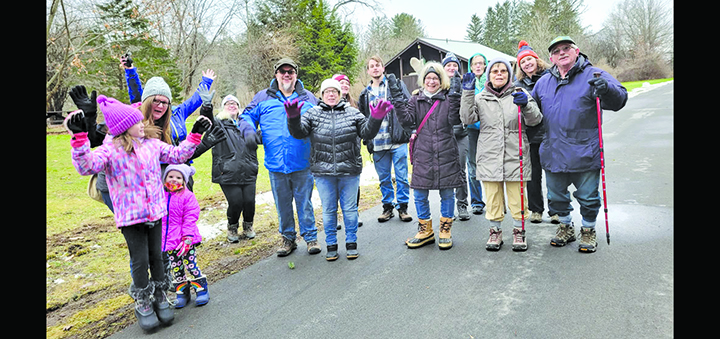Is the tail wagging the dog in Albany?
For outdoor enthusiasts who may also hunt and fish, it seems as though we’re always faced with one challenging policy or law change after another. It’s bad enough that we must constantly be battling with our own state government over major issues that negatively would impact both conservation as well as our long established heritage activities, but that’s been the case in recent years.
What is confusing to many is why all these proposed changes, laws and regulations are being pushed on us, one after the other? If certain activities such as hunting, fishing and trapping were truly causing a problem, okay, we could live with the need to make some changes to correct it. But that’s not the case. In fact, these activities are critical to generating money for conservation as well as managing many species that would otherwise truly present major problems if left to their own natural devices.










Comments